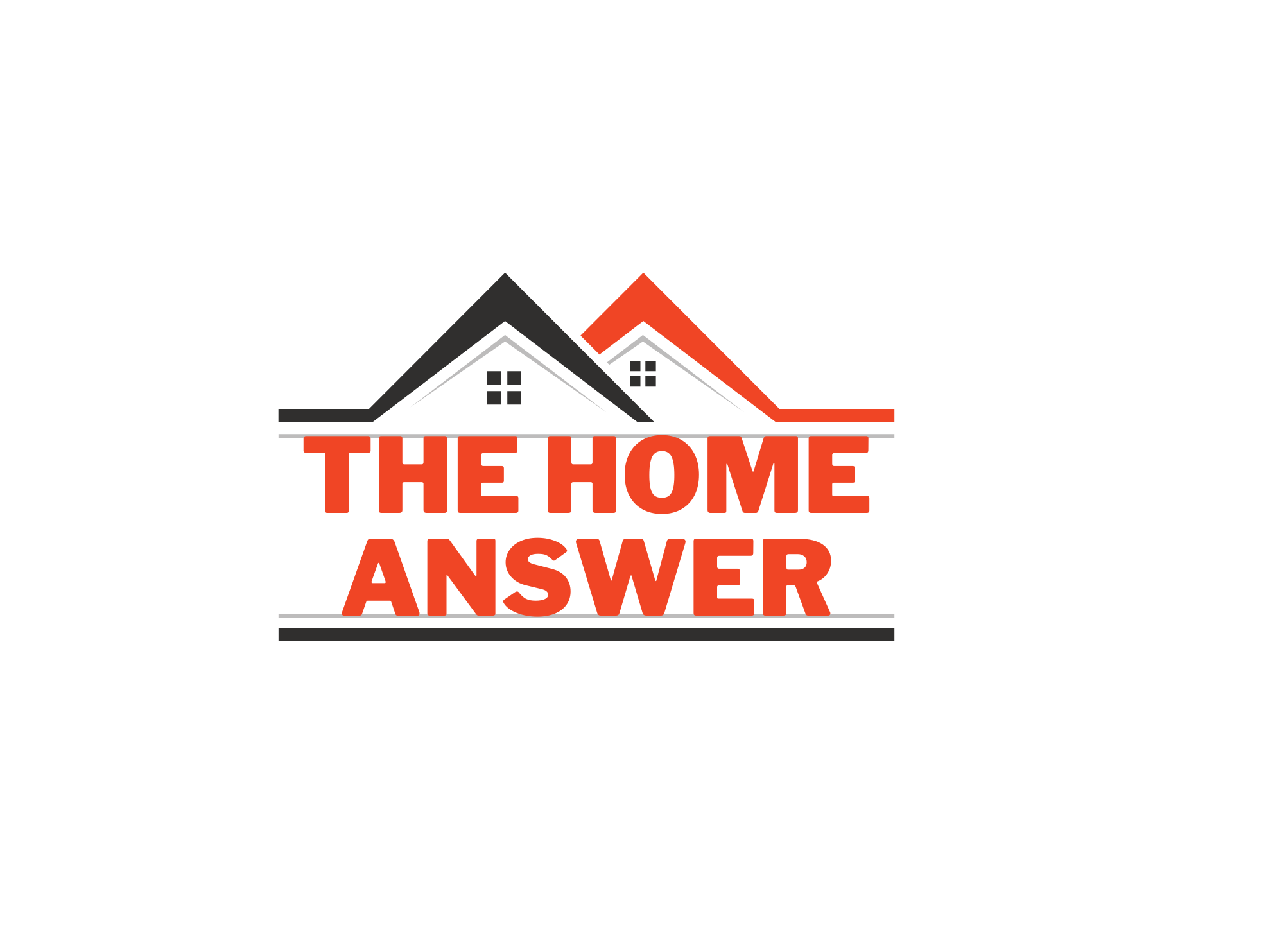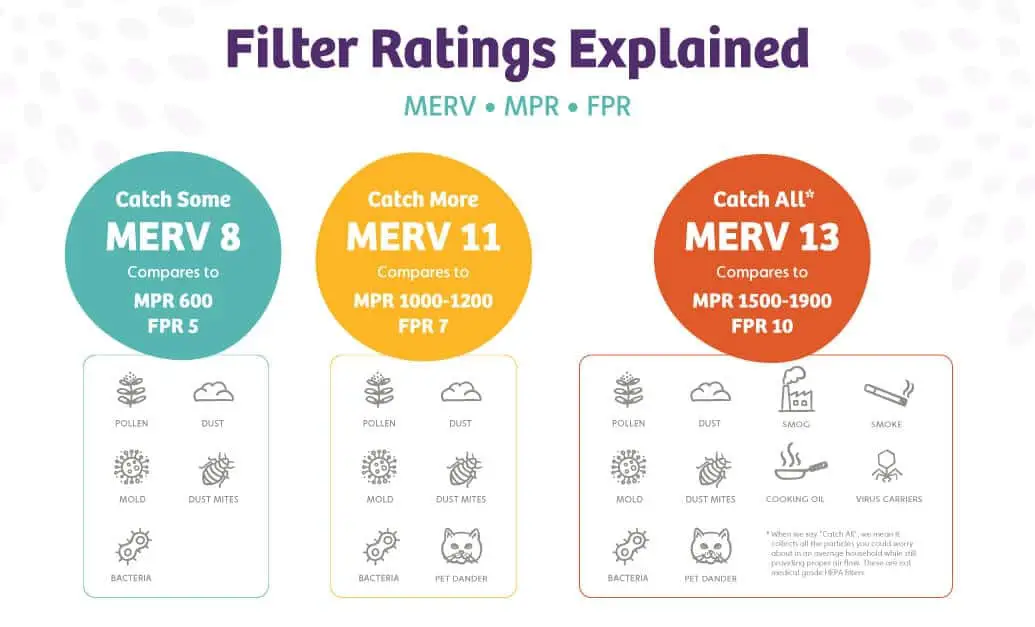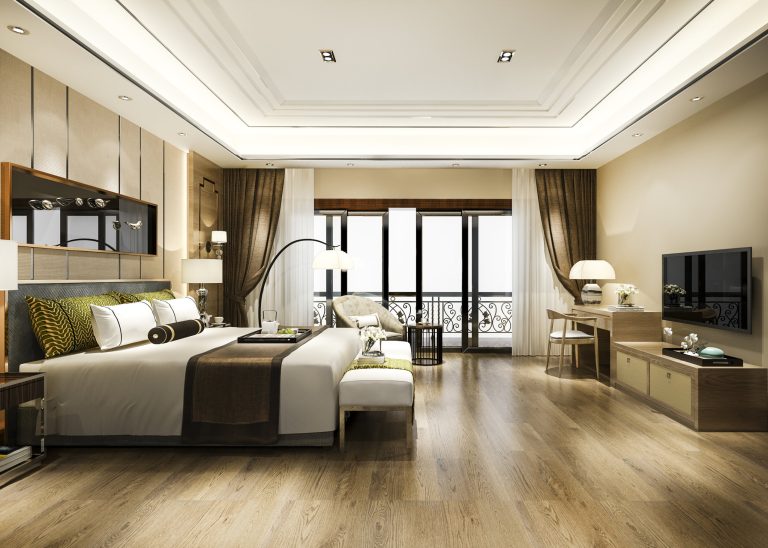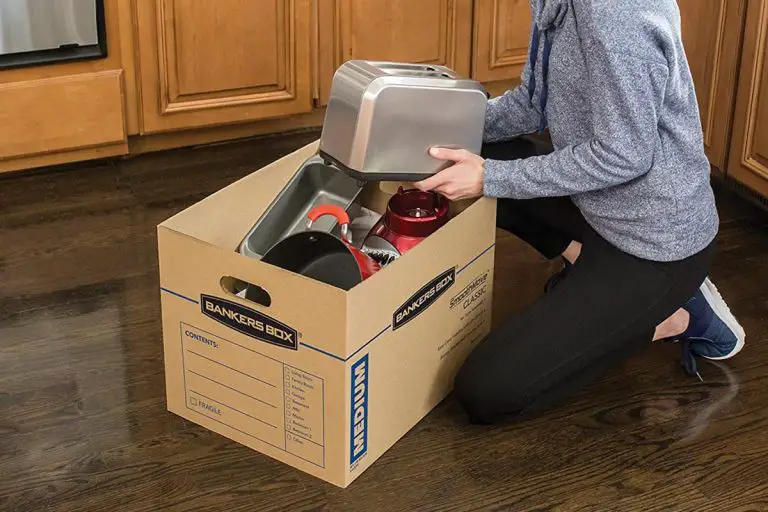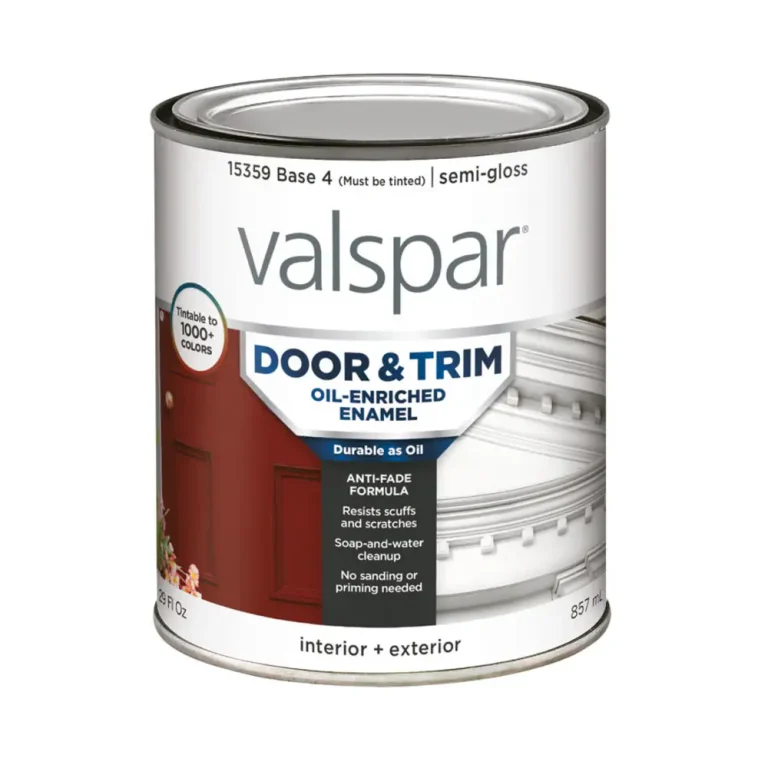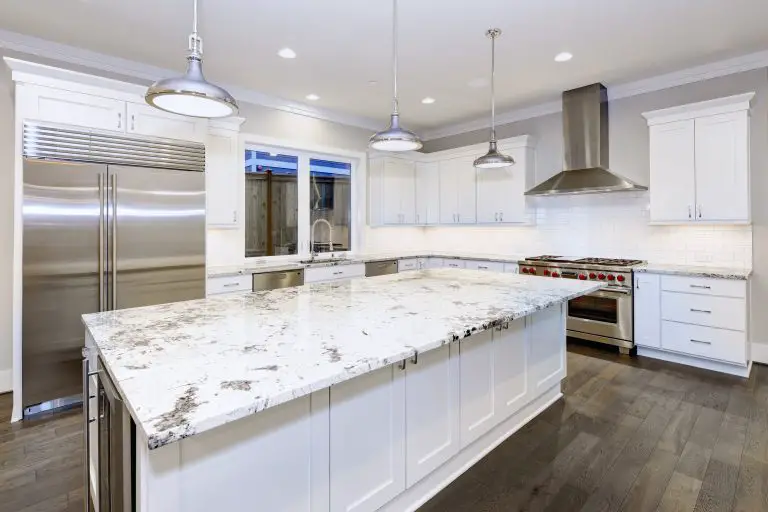What Is The Main Drawback Of Using A High MERV Filter?
The main drawback of using a high MERV filter is that it can restrict airflow in the system which can cause the system to work harder. This can lead to increased energy costs and can reduce the efficiency of the system. High MERV filters also require more frequent replacement than lower MERV filters, so the cost of the filter can add up over time. Additionally, the filter can become clogged with dust and debris more quickly, which can reduce the efficiency of the system even further.
Definition of MERV Filters
A MERV filter (Minimum Efficiency Reporting Value) is a type of air filter designed to provide better air quality and improved indoor air quality. It acts as a barrier between the air that passes through the HVAC system and the air in your home. MERV filters are rated on a scale of 1 to 16, with the higher the rating, the more efficient the filter. The higher the MERV rating, the more effective the filter is at trapping small particles like pollen, dust, and pet dander. MERV filters can help reduce allergens, irritants, and other airborne particles in your home, making it healthier and more comfortable to live in.
Benefits of Using High MERV Filters
The use of high MERV filters in your HVAC system is key to providing clean, healthy air in your home. Not only do they protect your system from the buildup of dirt, dust, and other air pollutants, but they also provide a number of other benefits. High MERV filters can help to reduce energy bills, improve air quality, reduce allergens, and help to extend the life of your heating and cooling system. Additionally, they can reduce the risk of air-borne illnesses, such as colds and the flu, by trapping particles that carry these germs. Investing in high MERV filters is a smart choice for any homeowner looking to improve the quality of their air and overall home comfort.
The drawback of High MERV Filters
High MERV filters are designed to capture small particles from the air, however, their effectiveness can come with a few drawbacks. These filters require more frequent changes and can become clogged quickly with dirt and debris. This can lead to a decrease in airflow and increased energy costs as the system has to work harder to draw air through the filter. Additionally, these filters can become a breeding ground for mold and bacteria if not changed regularly. Lastly, due to the nature of their construction, these filters are more expensive than standard filters. Overall, high MERV filters can provide an added layer of protection from pollutants, but they come with a few drawbacks that must be considered when determining if they are the best option.
Possible Solutions to High MERV Filter Drawback
Maintaining high MERV-rated filters in your air conditioning system is essential for optimal air quality. But the higher the MERV rating, the more frequent the filter change, which can be costly. Fortunately, there are several potential solutions to this problem. One is to install a permanent filter, which can last for up to 5 years and only needs to be vacuumed occasionally. A second option is to pair a high MERV filter with a pre-filter, which will extend the life of the filter and minimize the need for frequent changes. Additionally, purchasing filters in bulk can save money in the long run, as you’ll be paying one price for a larger quantity of filters. Finally, investing in an air purifier can help reduce the amount of dust and dirt entering the air conditioning system, thereby leading to a longer filter life. By considering these potential solutions, you can ensure your air conditioning system is running safely and efficiently while minimizing filter change costs.
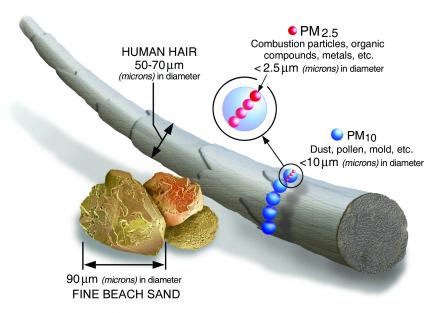
Advantages of Alternatives to High MERV Filters
High MERV filters are great for removing particles from the air, however, they can be expensive and not as efficient as other alternatives. In this blog, we explore the advantages of alternatives to high MERV filters and how you can reduce air pollution without breaking the bank. We’ll discuss the benefits of using air purifiers, HEPA filters, and other options. By understanding the advantages of each, you’ll be able to make an educated decision when it comes to improving your air quality. We’ll also provide helpful tips on how to maintain your filter so you can get the most out of it. So whether you’re looking to save money or reduce air pollution, this blog is sure to provide you with the information you need to make a smart, informed decision.
Disadvantages of Alternatives to High MERV Filters
Maintaining a high MERV filter rating in your air conditioning system is important to ensure that you’re getting clean, healthy air. However, there are some disadvantages of alternatives to high MERV filters that should be considered before making a switch. Low MERV filters are not as effective in trapping particles, meaning they don’t protect against dust, pollen, and other allergens as well as high MERV filters do. They also need to be changed more often, which can be costly and time-consuming. Additionally, lower MERV filters can lead to higher energy costs due to the increased airflow needed to make up for the lack of filtration. Ultimately, if you want to ensure healthy air quality in your home, sticking with a high MERV filter is the best option.
Cost Comparison Between High MERV Filters and Alternatives
For many homeowners, the cost of replacing their air filters can be a cause for concern. In this article, we’ll take a look at the cost comparison between high MERV filters and alternatives, so you can make an informed decision on which type of filter is best for your home. High MERV filters offer superior air filtration but are often more expensive than lower-quality alternatives. While they may cost more upfront, they are more energy-efficient and have a longer lifespan. Alternatives such as fiberglass filters may have a lower initial cost, but they are not as effective at trapping particles and need to be replaced more often. Ultimately, the best filter for your home will depend on your budget and needs. With a bit of research, you can find the filter that fits both your budget and your home’s air quality needs.
Conclusion
The main drawback of using a high MERV filter is that it can reduce airflow in the system, leading to decreased efficiency and higher energy consumption. Additionally, the filter may require regular cleaning and replacement, which can be time-consuming and costly. Therefore, it is important to consider the MERV rating that best meets the needs of the application before making a decision.
